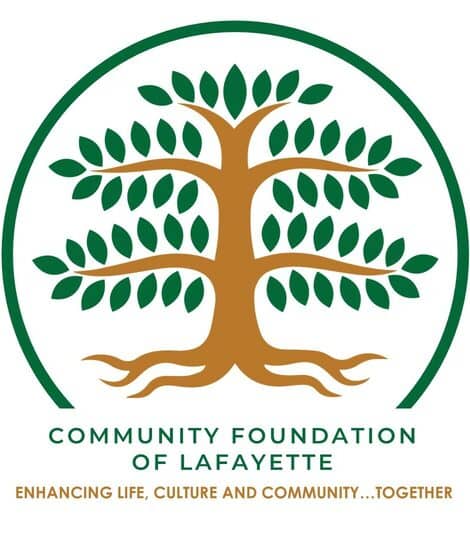
Epic Treatment: The Value Of A Community Care Center
There is nothing more troubling than getting a diagnosis and not knowing what comes next. The waiting for the next appointment, the uncertainty of how a doctor will treat you, wondering whether a procedure is necessary, worrying how serious the condition might be. It can be daunting and, at times, truly terrifying.
Cancer is an especially anxiety-inducing diagnosis, and one that more than a million people must hear, wonder and worry about every year. In 2020, an estimated 1.8 million new cases of cancer were diagnosed in the United States and approximately one-third of those people will die from the disease. Nearly 40% of men and women will be diagnosed with cancer at some point in their lifetimes, according to the National Cancer Institute.
These statistics are shocking, but the reality is that there continue to be medical science breakthroughs and significant improvements in technology, treatment and care. Indeed, the overall cancer death rate has declined since the early 1990s and the number of cancer survivors has increased, showing that progress is being made against the disease.
While prognoses and treatment have improved for those with cancer, there is still enormous, essential value in patients having access to primary and preventive care services, including screening, diagnosis and management of chronic illnesses like cancer. And community care centers – which center their approach around prevention, affordability and enabling services, such as transportation, translation, case management and health education – are uniquely positioned to provide substantial benefits to people before, during and after a diagnosis.
WHAT IS A COMMUNITY CARE CENTER?
Since 1965, the nation’s federally backed health center system has expanded to more than 1,400 organizations, which have created an affordable, accessible care option for nearly 30 million people. These health centers increase access to vital primary care by reducing barriers like cost, lack of insurance, distance and language for patients.
Community care centers generate $24 billion in savings for the health care system annually, while delivering countless medical benefits to patients through timely primary care, including a reduction in costly ER visits and avoidable hospital stays, decreased mortality rates and health disparities, a focus on preventive care and enabling services and better outcomes.
A community care center can recognize and respond to the intense feelings, fears and frustrations a patient might have following diagnosis. It works collaboratively with patients and families to make the treatment and care experience as positive as possible. For community health centers, the goal is to provide access to high-quality, compassionate care that will be collaborative and local, producing an experience that is less overwhelming for patients and families.
A patient can sense the culture of a doctor’s office, community care center or hospital immediately. Whether good or bad, the ambiance of the environment is tangible, and that affects how a patient and their family experiences care. In an expansive and expensive American health care system, where long wait times, short doctor visits and sky-high medical bills are all too common, interactions between patients and providers can be quite negative.
If a health care worker is surly, playing on their phone or asking questions without listening to the answers, what message does that send to a recently diagnosed patient – and how does it make them feel?
EMPOWERMENT, EDUCATION, PERSONALIZATION AND SUPPORT
Dr. Carolyn Parma is a breast surgical specialist at Epic Care, a multi-specialty community health center with locations throughout Northern California. She says providers need to look more holistically at patients, emphasizing compassion and collaboration to create a plan of care that will realistically work for them and their families.
“At Epic Care, we’re focused on the whole patient and we are very team-based – it’s built-in and ready to go,” says Dr. Parma. “We don’t even have to call around and try to find providers. The minute you leave my office, I’m already sending messages to other doctors, and their offices are calling these patients by the end of the day.”
Dr. Parma spends about an hour and a half with all of her new patients and takes time to educate and empower them throughout their diagnosis. It isn’t an impersonal, one-way conversation, she says. It’s a relationship.
Many patients feel as though they get dragged from physician to physician, with few concrete answers and an impending cycle of waiting for results. They rely on their own Google searches for information because the materials provided by medical professionals were insufficient or impersonal. Epic Care prioritizes education and support, helping patients feel that they are empowered, know what to expect and are not alone.
“It’s our role to guide them through this journey,” Dr. Parma says. “To be there and hold their hands and be like, “You got this. We’re not going to let you fall. Epic Care is not going to let you fall.”
THE EPIC CARE COMMUNITY APPROACH
The Epic Care staff comprises expert doctors, surgeons and nurses who are closely connected to the community and committed to providing accurate diagnoses, exceptional care and healing treatments. With a mission to deliver high-quality, personalized and value-driven care to patients, Epic Care offers a safe and caring environment, easy access to treatment that is close to home and family, professionally trained doctors and support teams to meet the needs of patients and their families, and a comprehensive patient experience closely aligned with its network of community providers.
At Epic Care, you can be assured that your physicians will be located close to home. Some of the specialists include breast surgeons, medical oncologists and radiation oncologists. Their approach to patient care is to understand what all of their needs are, even outside of the diagnosis, taking into account family, work, lifestyle, logistics and more.
“I want to know what their family life is like, what their situation is, where their head is at and how they’re doing, how they’re coping,” Dr. Parma says. “Because all of that is helpful information for me to not only get to know that patient, but also to be able to recommend treatment options that are going to work with their lifestyle.”
Each person is unique and so is each diagnosis. One size does not fit all in health care. It can be frustrating to see a new physician or specialist and feel disregarded. That the treatment you think best fits your lifestyle isn’t what they prescribe, or even consider. That you feel unheard and undervalued.
Epic Care is a community health center that truly values their patients as people. We have a team of talented doctors from multiple specialties who look at the best options available and a devoted support staff that knows each patient is an individual with different wants and needs. Under one roof, and in their own community, patients can get the compassion comprehensive care they deserve. For more information or to schedule an appointment, contact our office today.








